

Ethnic Groups
Ethnicity in the district varied with majority being the Akans (43.7%) followed by the Ga-dangmes (40.1%) and the Ewes (7.9%), Northern tribes (Mole dagbani, Frafra, Kotokoli, Gurma, Grusi, and Mande) and Guans account for a total of 5.5 percent and 2.3 percent of the district’s population respectively. Other alienated tribes (0.4%) (2010 PHC regional report) can also be found in the district.
Both patrilineal and matrilineal systems of kinship are found in the district because of the diverse ethnic background of the residents. The practices of inheritance are observed by both the patrilineal and matrilineal systems of kinship and descent.
Chieftaincy, Religion and Festivals
Traditionally, Fanteakwa district is headed by the Fanteakwahene doubled as the Benkumhene, one of the five divisional chiefs of the Akyem Abuakwa state with their head at Kyebi the district capital of East Akim. Under the Benkumhene (Osabarima Awuah Kotoko), are the Queen-mothers, sub-chiefs, Okyeames and Dade–Mantses manning the traditional affairs of the smaller areas, towns and communities on behalf of Osabearima. By tradition, the people of Fanteakwa serve Bosompra, a smaller god hence; consider Wednesdays as sacred days where no farming activities are carried out.
Religious beliefs and Festivals
The religious affiliation in the district follows the general pattern of that of the country with Christians (88.2%) being the majority followed by Moslems (5%) and Traditionalists (0.7%). Also found in the district are persons with no religion (5.1%) (2010 PHC regional report).
The people in Fanteakwa celebrate two (2) major festivals namely Odwira and Ohum. The Odwira also known as Ahwie festival is observed usually in September and October. The Ohum festival on the other hand, is observed twice in a year, thus, Ohumkan (first Ohum) and Ohumukyire (last Ohum).The Ohumkan is celebrated in June and Ohumukyire is celebrated in January. Besides, people of Fanteakwa observe the Adae - (Akwasidae) and (Awukudae), which falls on every fortieth day in the year.
Economy and Tourism
The predominant occupation in the district is agriculture and related trades, whilst the remaining are petty traders/commerce, artisans (auto and radio mechanics, sewing,, masonry, wood carving, beads making, smiting, sign-writing, painting, decoration and carpentry) and the service sector.
The District is endowed with large tracks of arable land suitable for the cultivation of cocoa, cereals, roots, vegetables, plantain, banana, yam etc. the land in the forest belt is fertile for the for the cultivation of cash crops like cocoa and coffee and food crops such as cocoyam, plantain, yam, banana and vegetables.
The District is endowed with some tourist sites that can be developed into income generating ventures. These include waterfalls at Trudu, Osubinboum and Apaa. Others are the Rock Paradise, the Volta Lake and the Palm Tree with six (6) trunks.
Date Created : 11/24/2017 4:02:55 AM


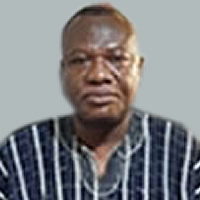
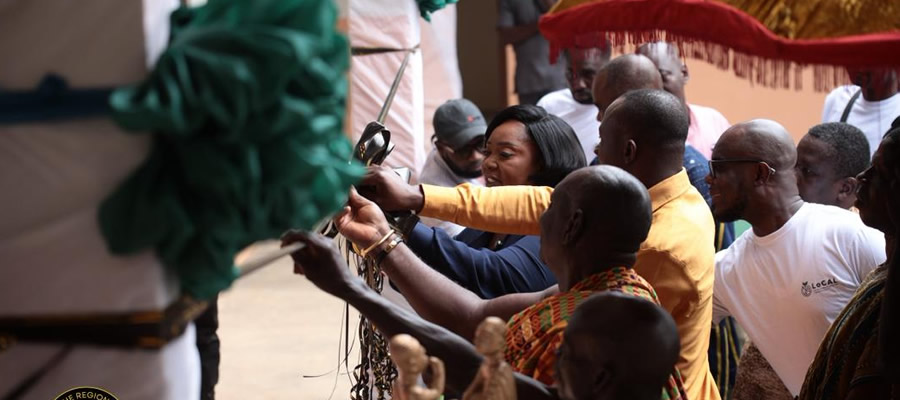
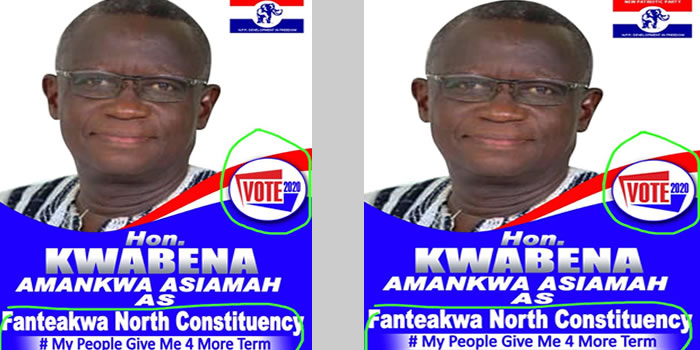
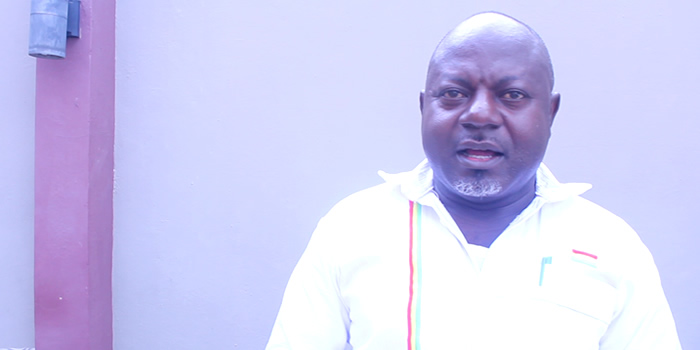
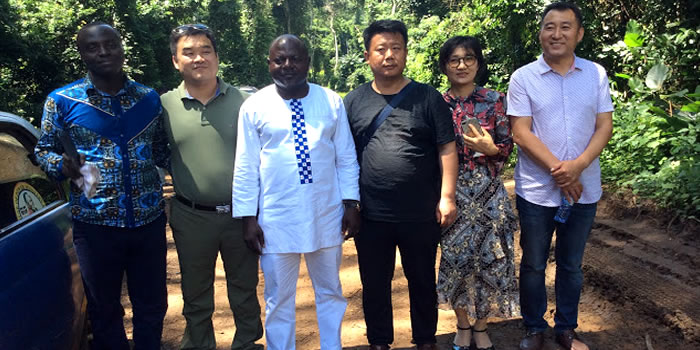
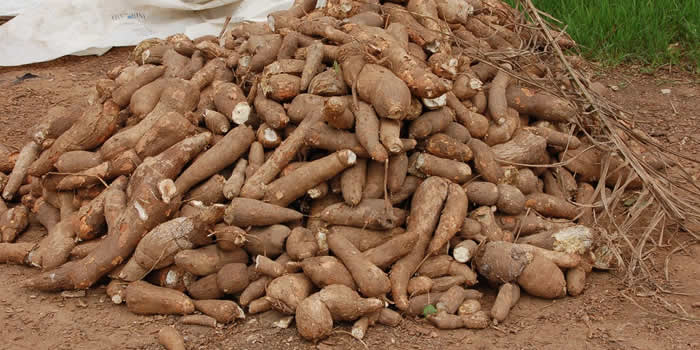




 facebook
facebook
 X
X
 Youtube
Youtube
 instagram
instagram
 +233 593 831 280
+233 593 831 280 0800 430 430
0800 430 430 GPS: GE-231-4383
GPS: GE-231-4383 info@ghanadistricts.com
info@ghanadistricts.com Box GP1044, Accra, Ghana
Box GP1044, Accra, Ghana